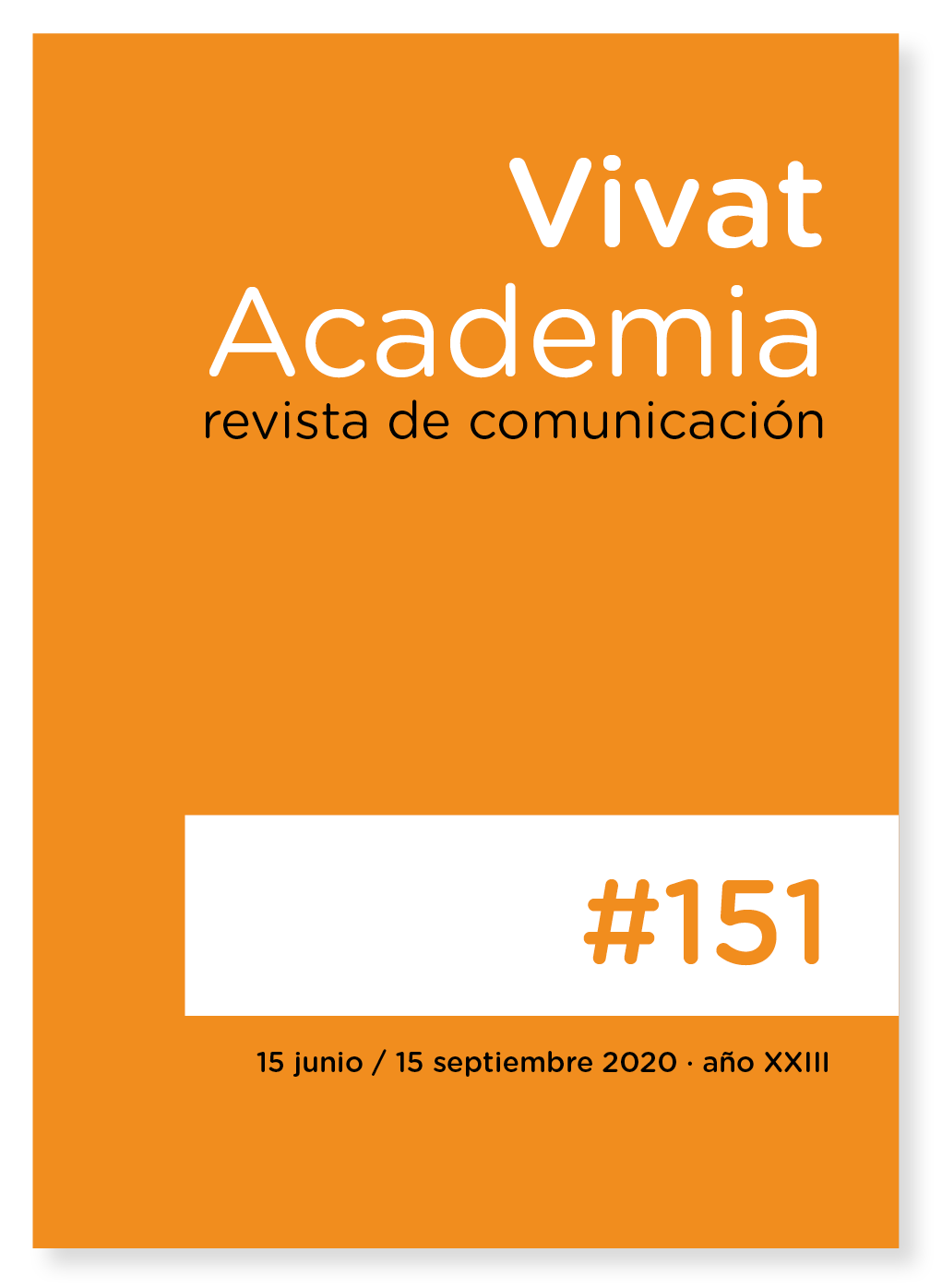Articulations, ruptures and improvement of a model of Education for communication mediated by CIT Propuesta de modelo de EPCc como contribución al desarrollo local en el municipio Centro Habana, provincia la Habana, Cuba
Main Article Content
Abstract
The present article sets out to solve, from a model of Education for public Communication (EFPc), mediated by CIT in spaces of social vulnerability, the articulations / ruptures / and improvements that are inherent to the coexistence of institutional assignments, based on the proposal that rests on interactive management led by the Computing and Electronics Club for the youth (CECFY) and the competences / assignments that correspond to the school. Since the author recognizes pedagogical mediation as an actor in those spaces where non-formal education is provided. These spaces have a quality complementary training offer, aimed at the development of socio-educational and public competences in populations from socially disadvantaged communities; with an action of Community Projection from which efforts are catalyzed for the improvement of their immediate and mediated environments of coexistence, in terms of security and quality from the mediation of CIT as a contribution to public empowerment. The mediation of the Computing and Electronics Club for the youth is analyzed as an alternative solution aimed at guaranteeing the reduction of the digital gap, through exchanges as well as learning as positioning, and development strategies for the local context. All this is deepened in a case study: Main Computing Center. Empirical research is carried out from an interpretive epistemological perspective, relying on the use of different research methods and techniques (empirical and documentary) that triangulated through analysis and synthesis allow supporting the proposal.
Downloads
Article Details
The main author must deliver the letter of transfer of copyright, according to the model provided by Vivat Academia, Revista de comunicación, which declares the transfer of copyright to the journal and make explicit the rights of authors regarding the dissemination and use of the manuscript once published.
Creative Commons Attribution/Non Commercial 4.0 International
References
Cabero, J. y Barroso, J. M. (2013). La utilización del juicio de experto para la evaluación de TIC: el coeficiente de competencia experta. Bordón. Revista de pedagogía, (65), 25-38. Recuperado de http://idus.us.es-xmllui-bitstrean-handle-11441-24562-file_1pdf?sequence=1&isAllowed=y
Cañibano, L. y Alberto, F. (2008). El control institucional de la información financiera: aplicación de un estudio DELPHI. Revista Española de financiación y Contabilidad, XXXVII(140). Recuperado de http://www.aeca.es/pub/refc/acceso.php?id=1084
Freire, P. (1981). A educacao como prática de liberada. Rio Janeiro: Paz y Terra.
García Matilla, A. (2010). Publicitar la educomunicación en la universidad del siglo XXI. En: R. Aparici (Coord.), Educomunicación: más allá del 2.0. Barcelona: GEDISA.
García Matilla, A. (2016). Educación, Comunicación y Tecnologías. Serie Educomunicación y voces de la educación mediática. Canal UNED.
Kaplún, M. (1999). Processos educativos e canais de comunicação. Comunicação & Educação, (14), 68-75. doi: https://doi.org/10.11606/issn.2316-9125.v0i14p68-75
Landeta, J. (2002). El método Delphi: una técnica de previsión para la incertidumbre. Barcelona: Ariel.
López, M. E (2016a). Proyecto Digitalizando Sueños. Una estrategia innovadora para la inclusión social mediante el empleo de las TIC. En: Trabajos docentes para una universidad de calidad. McGraw Hill Education.
López, M. E & Rubio, L. M. (2016b). Las TIC: una alternativa para la orientación profesional. En: Tic actualizadas para una nueva docencia universitaria. McGraw Hill Education.
López León, M. E. (2018). Educación para la comunicación ciudadana mediada por las TIC. Propuesta de modelo de EPCc como contribución al desarrollo local (Tesis doctoral). Universidad de La Habana. La Habana, Cuba.
Masterman, L. (1993). Situación de la Educación Audiovisual en Inglaterra. En: R. Aparici. (Coord.). La Revolución de los medios audiovisuales. Madrid: La Torre.
Mengual, S. (2011). La importancia percibida por el profesorado y el alumnado sobre la inclusión de la competencia digital en educación Superior. (Tesis Doctoral). Alicante: Universidad de Alicante.
Obando, L. C. (2007). Las TIC: un nuevo escenario para el desarrollo local de las comunidades. Estudio de Caso: Comunidad Ómnia-Barrio el Raval, Barcelona. (Tesis Doctoral). España: Universitat Ramon Llull.
Paulino, R. A., & Baccega, M. A. (1999). Sujeito, comunicação e cultura (Entrevista com Jesús Martín-Barbero). Comunicação & Educação, (15), 62-80. doi: https://doi.org/10.11606/issn.2316-9125.v0i15p62-80
Ramos, P. (2010). El público cinematográfico cubano y su educación: una mirada crítica a la formación crítica de la mirada. Recuperado de http://www.psicolatina.org/20/publico.html
Romero, R. (2013). La ruta del Escaramujo. (Tesis de Maestría). La Habana: FLACSO.
Romero, R. et al. (2015). Educomunicación popular: camino que se abre paso desde Cuba. Revista Estudios del Desarrollo Social: Cuba y América Latina. Recuperado de www.revflacso.uh.cu
Saladrigas, H. (2012). La comunicación: un proceso con múltiples componentes.





